Take an Official State-Approved Hunter Safety Course
Key Takeaways:
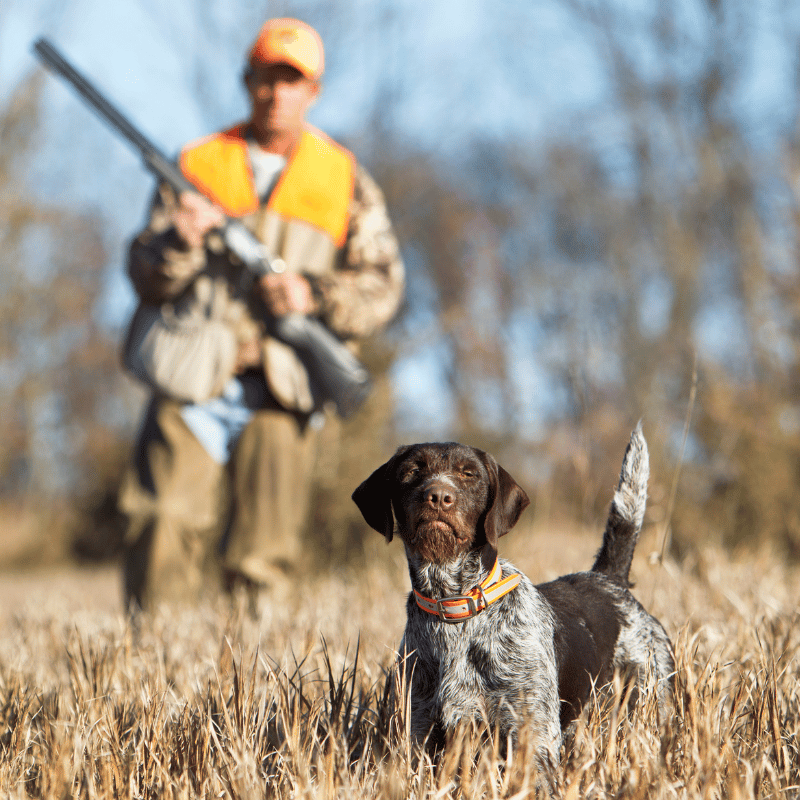
If you’ve ever wondered why hunter education is required in so many states, the answer lies in both history and common sense.
Hunting has always been a beloved tradition, but it also comes with real risks. In the 1940s, hunting incidents were reported at a rate of 22.3 per 100,000 hunters. Compare that to today, where those numbers have dropped to as low as 1.5 per 100,000 hunters. That’s not just progress—it’s proof that hunter education works. The decline in accidents is a direct result of a culture shift toward safety, responsibility, and ethical practices in the field.
But hunter education is about more than avoiding accidents. It shapes the very character of modern hunting.
The most obvious benefit of hunter education is safety. A single careless shot, a mishandled firearm, or a lapse in judgment can change lives forever. Through hunter education, participants learn how to handle firearms responsibly, identify safe zones of fire, and practice constant awareness in the field.
By reducing accidents, we ensure hunting remains a safe and sustainable activity. Parents can confidently introduce their children to hunting, knowing that education has created a safer environment for everyone involved. When hunters head into the field with a foundation of knowledge, they’re protecting the lives of fellow hunters, hikers, and anyone who may be nearby.
Hunter education also instills a sense of responsibility that extends beyond the trigger. Responsible hunters respect private property by asking permission before entering land. They follow posted signs, honor hunting seasons, and always consider the impact of their actions.
This mindset is critical for the future of hunting. When hunters act with responsibility, they show the public that hunting is not reckless or selfish; it’s thoughtful, lawful, and respectful of others. A single hunter’s behavior can reflect on the entire community, which makes education all the more important.
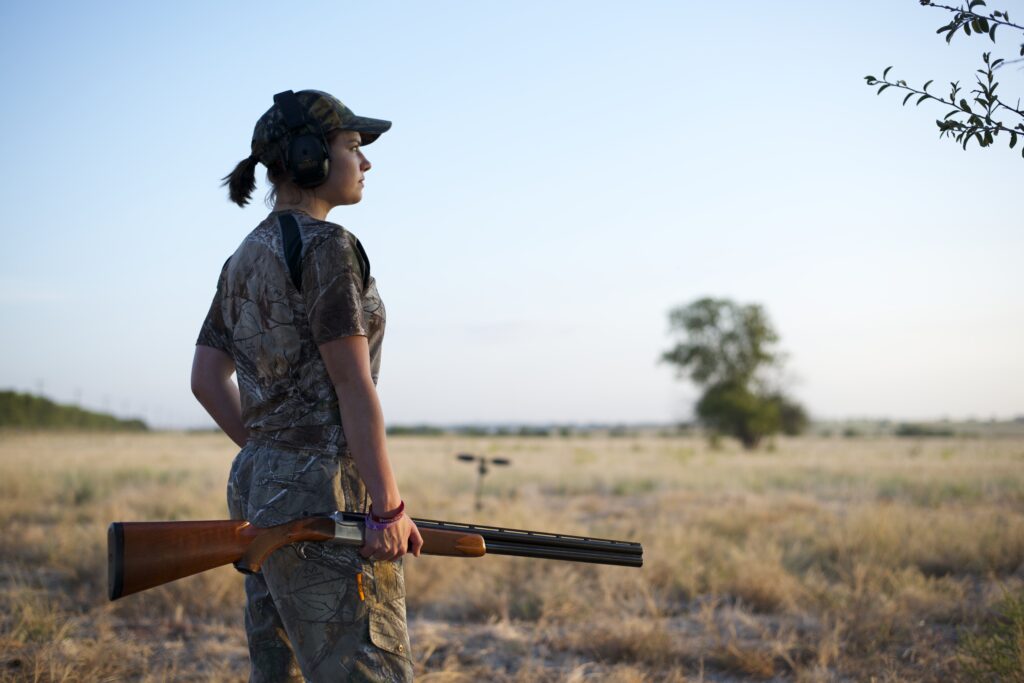
At the heart of hunter education is ethics. Hunters are often faced with choices no one else sees: whether to take a difficult shot, how to respond when game is wounded, or how to treat other hunters in the field. These decisions matter because they shape public perception and personal integrity.
One of the most powerful lessons comes from conservationist Aldo Leopold, who wrote:
“Ethical behavior is doing the right thing when no one else is watching, even when doing the wrong thing is legal.”
This perspective challenges hunters to go beyond rules and regulations. Ethics is about doing what is right for the animal, the environment, and the future of hunting. Hunter education equips hunters with tools for making those decisions, turning hunting into a practice rooted in integrity rather than impulse.
Hunters are more than sportsmen and women; they are active partners in conservation. Through licensing fees, taxes on firearms and ammunition, and direct involvement in habitat programs, hunters contribute billions of dollars to wildlife conservation each year.
Hunter education makes this connection clear. It teaches participants that every harvested animal is part of a larger system of wildlife management.
Properly managed hunting helps balance populations, prevents overgrazing, and supports biodiversity. Without hunters, many wildlife agencies would struggle to fund the very programs that protect game and non-game species alike.
Understanding this relationship transforms hunting from a pastime into a stewardship role. Hunters become guardians of the land, ensuring it can be enjoyed by future generations.
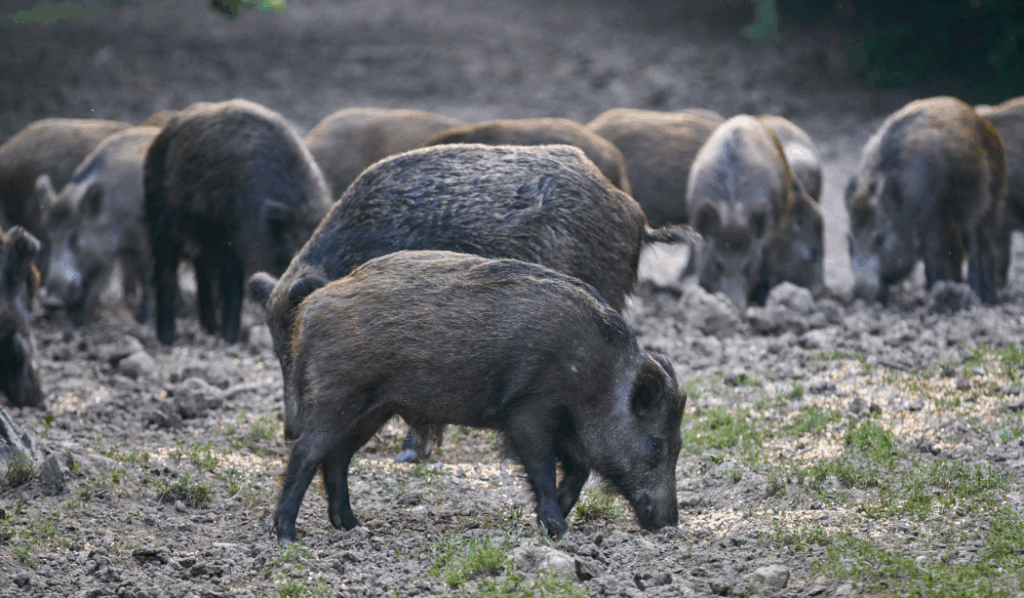
Beyond safety and conservation, hunter education ensures that traditions are preserved. Hunting is a heritage passed from one generation to the next. When a parent teaches a child to hunt safely, ethically, and responsibly, they’re passing on more than just techniques. They’re instilling values of patience, respect for nature, and an appreciation for where food comes from.
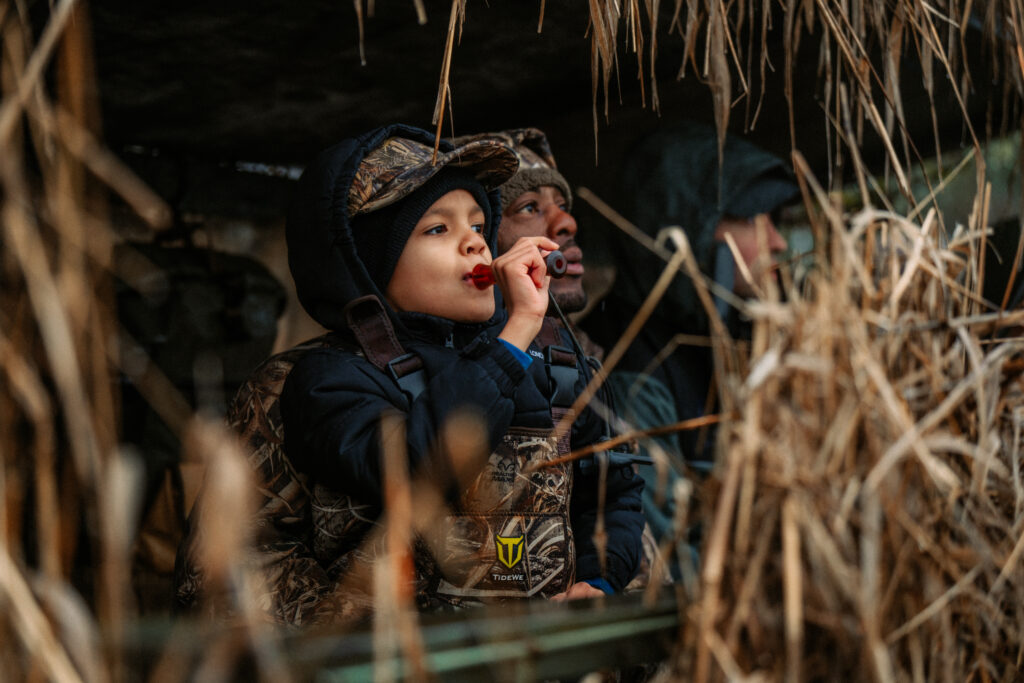
While the moral and cultural reasons for hunter education are compelling, the legal side is equally important. In most states, completing a hunter education course is required before purchasing a hunting license. This ensures that everyone in the field has met a minimum standard of safety and knowledge.
The requirements vary by location, but the principle is the same: education is non-negotiable if you want to participate. This helps maintain consistency, so all hunters, whether beginners or lifelong sportsmen, are held to the same expectations.
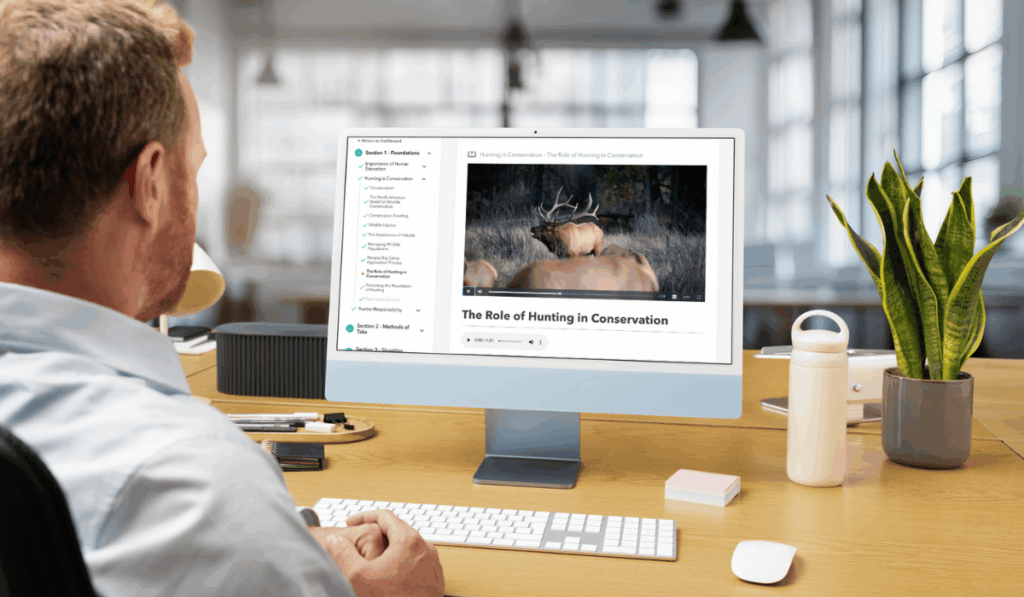
No one else is responsible for your firearm, your actions, or your choices in the field. Hunter ed drives this point home, reminding hunters that personal responsibility isn’t optional.
This mindset carries over into all aspects of life. A responsible hunter understands that cutting corners or ignoring rules can have severe consequences. By cultivating accountability in the field, hunters become safer, more ethical members of their communities.
It’s easy to think of hunter education as a simple requirement, a box to check before heading into the woods. But the truth is, it represents a transformation in the culture of hunting. Compare today’s hunter—trained, ethical, conservation-minded—to the era before education was widespread. The difference is profound.
Hunter education makes the sport safer, the community stronger, and the tradition more respected. It builds confidence in new hunters and reassures the public that hunting is compatible with modern values of conservation and safety.
The statistics tell a powerful story: hunting has become dramatically safer since hunter education became widespread. But numbers only scratch the surface. This course prepares hunters to act responsibly, think ethically, and carry on traditions in a way that honors the past while safeguarding the future.
When you take hunter education, you’re joining a movement that has transformed hunting into one of the most respected outdoor traditions. You’re learning skills that will protect lives, conserve wildlife, and pass on a proud legacy to the next generation.
And as Aldo Leopold reminded us, ethical behavior isn’t about what others see, it’s about what you choose to do when no one is watching.